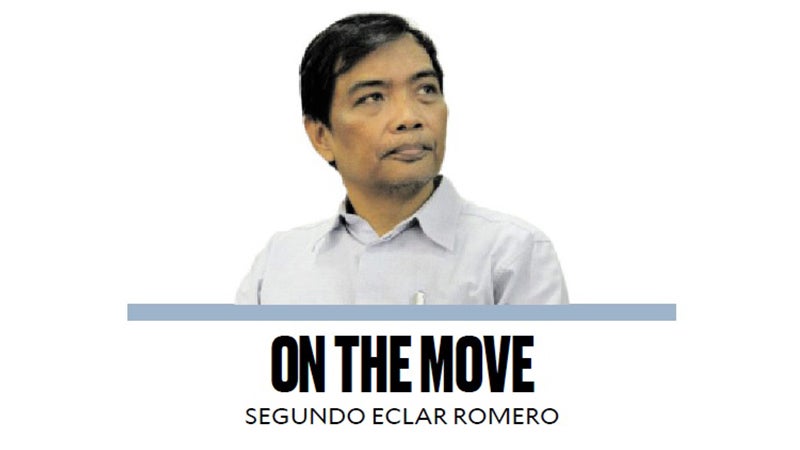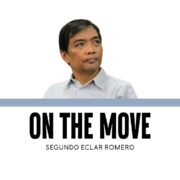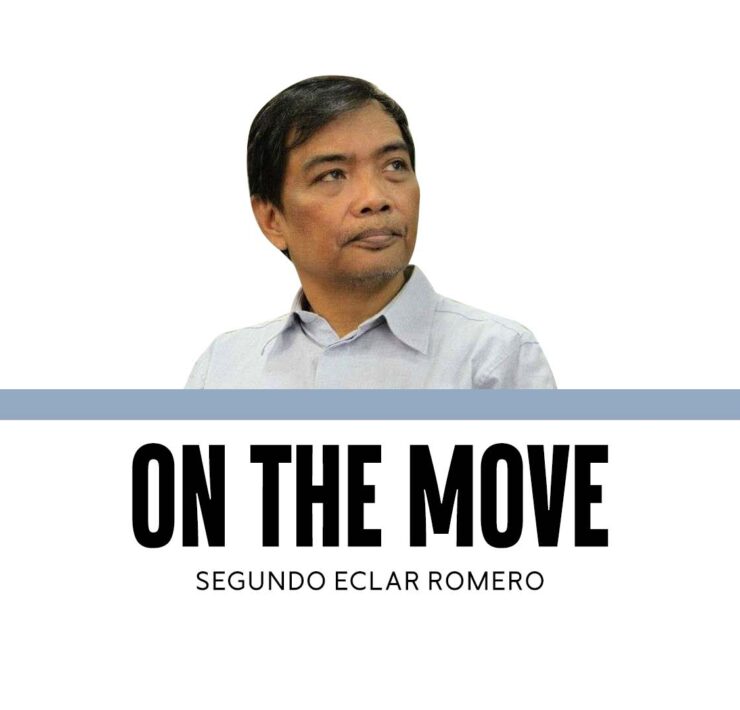Pitch for a pre-candidacy orientation seminar

Election season is upon us once again, and the country is in a familiar frenzy. A parade of familiar faces has emerged, each filing their certificates of candidacy or nomination. As always, the entertainment world contributes its share, with actors, television hosts, and radio personalities crossing over into politics.
In recent years, social media influencers have joined the fray, emboldened by their vast followings and eager to convert likes and shares into votes, perhaps eyeing a party-list seat in Congress. This landscape—where opportunistic candidates vie for power—reveals how our political system has allowed political dynasties and party-list slots to balloon into a sprawling, unmanageable system.
Many sycophants around these hopefuls are optimistic, yet the general populace watches with alarm. The flaws, gaps, and outright failures of our political system are starkly exposed, competing for attention with stomach-turning regularity. The privilege of running for office has become unrestrained, with little regard for the public’s perception or welfare. Those who have betrayed the nation through acts of plunder, violence, or worse display an astonishing lack of shame as they re-enter the political scene, confident that their past transgressions will not prevent them from securing a position of power.
The people, supposedly the sovereign arbiters of our democracy, are expected to make informed decisions in this sea of candidates. However, without access to credible, comparative information on each candidate’s track record, platforms, and qualifications, true discernment is almost impossible. The result is a chaotic spectacle of candidates from all backgrounds, with varying levels of competency, experience, and integrity.
Take, for example, a vice president who recently conceded there was no real unity in the administration’s so-called “UniTeam.” Or a judicial officer exonerating high-profile plunderers as though their crimes were mere indiscretions. What are citizens to make of these political contortionists who continue to undermine public trust and distort democratic values?
Every election cycle feels like a renewed effort to exploit the populace. The power elite has perfected this cycle of manipulation, keeping the masses disenfranchised, impoverished, and dependent on vote-buying. Fake news proliferates, drowning out legitimate information and reducing even truthful reporting to the realm of the unbelievable. Dynastic names float to the top of the consciousness while populist candidates feed on the despair of the masses, posing as saviors in a broken system.
In this environment, the call for citizens to “vote wisely” rings hollow. How can they when there is so little objective information available? Media surveys only reinforce name recognition, favoring dynasties and popular personalities rather than aiding the public in making informed choices. This cycle keeps genuine change out of reach, as voters are steered toward familiar names and faces, who are often the very architects of their disenfranchisement.
It’s time for a change. Alumni associations, professional groups, research institutes, and civic organizations should collaborate to create accessible, reliable profiles of all candidates. These profiles should detail their backgrounds, competencies, performance records, and platforms. While this may not ensure that voters will use this information, it could provide a counterbalance to the influence of money and media hype.
In my experience, there is a staggering knowledge gap among some elected officials. While serving as executive vice president of the Development Academy of the Philippines, I witnessed firsthand how a top senator displayed shocking ignorance of the government system, and worse, a dismissive attitude toward learning anything new.
Imagine if candidates were required to undergo a compulsory one-day pre-candidacy orientation seminar managed by the Commission on Elections. Such a seminar could cover the basics of governance, the Constitution, and the responsibilities of public office. Following this, each candidate should submit a 1,000-word reflection on what they learned and how they intend to apply it to serve the Filipino people. This essay would become part of their official application, offering voters insight into their values and commitment to public service.
These are not foolproof solutions, but they represent a step toward accountability. By fostering a culture of education and reflection among candidates, we might just start to see the changes our democracy desperately needs. The time for complacency is over. We owe it to ourselves, and to future generations, to demand better from those who seek to lead us.
—————
doyromero@gmail.com


















